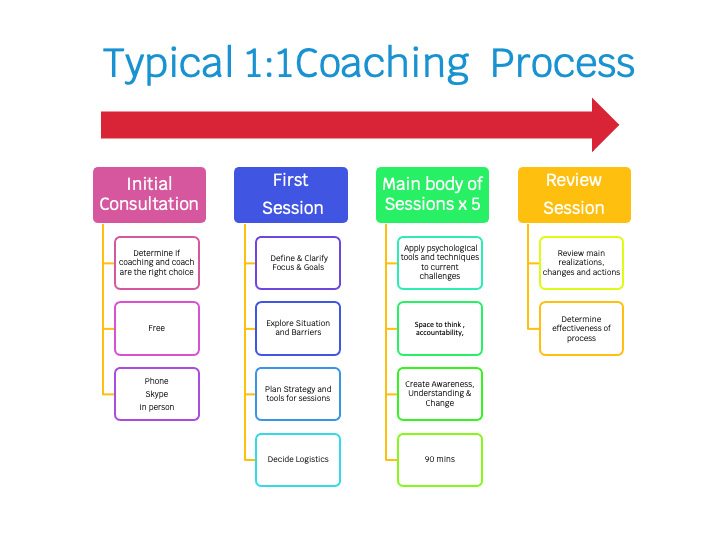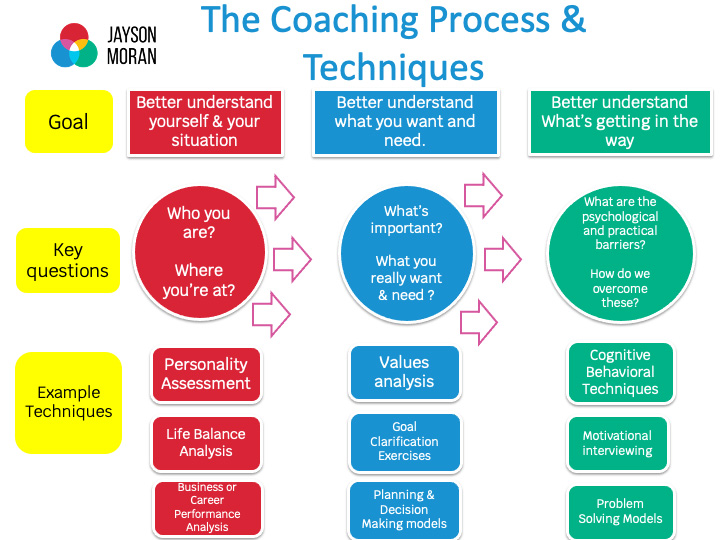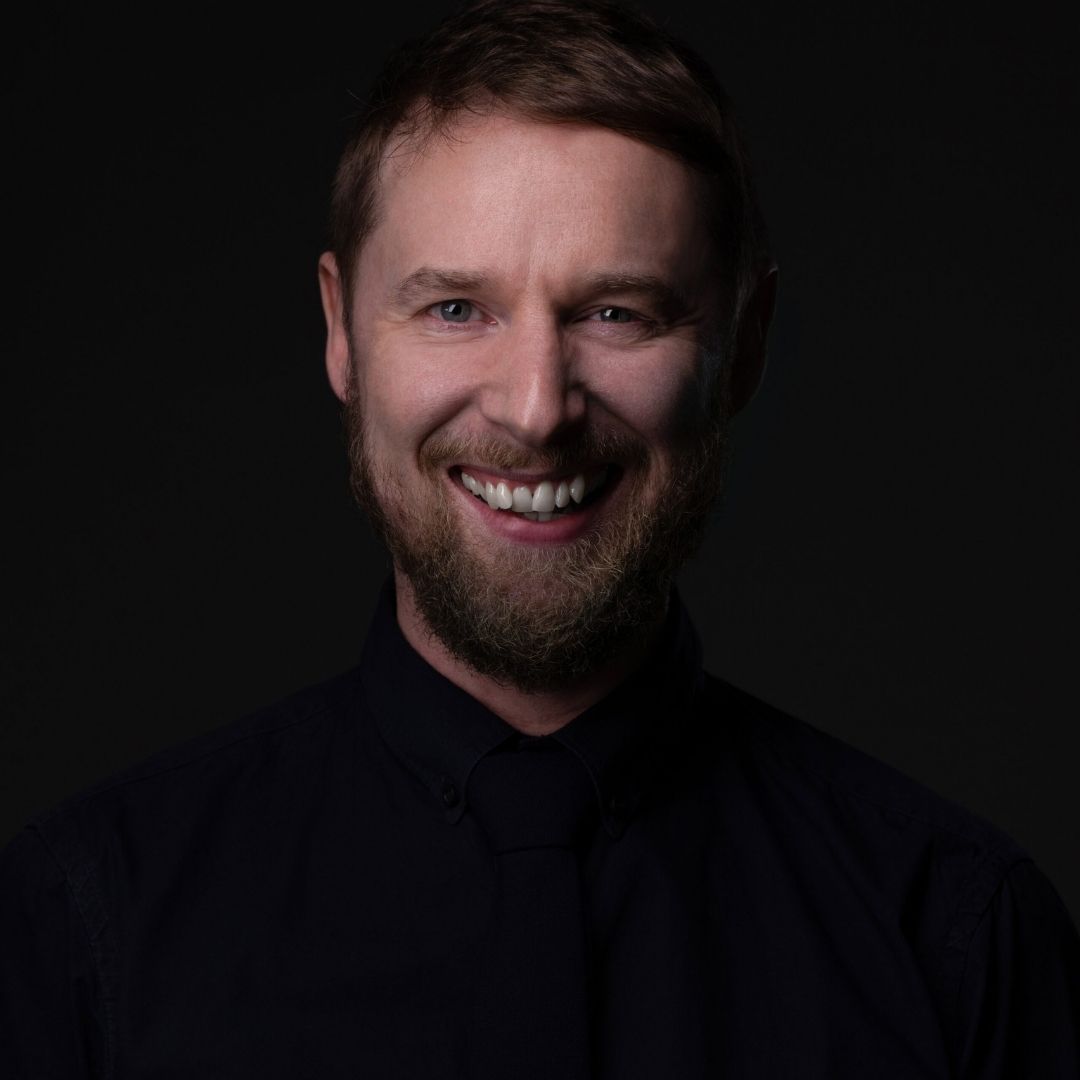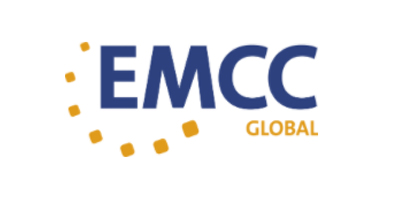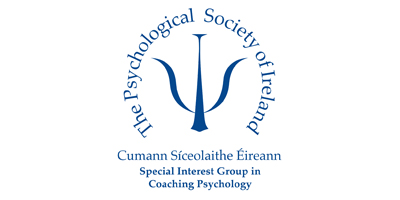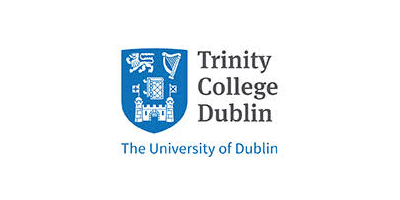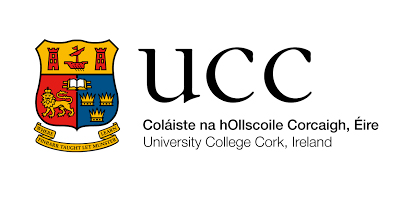What is Coaching & How does it work?
Coaching Psychology
I am a Coaching Psychologist. I use scientifically based coaching techniques to help people move forward in their development, performance and wellbeing in both their professional and personal lives.
Firstly, although I’m a Psychologist (I have a BA in Psychology and an MA in Coaching Psychology and am a member of the Psychological society of Ireland) – I am not a therapist. For more information on what the difference is click here.
Secondly, the best way to understand what coaching is, is to experience it. That’s why I offer a Preliminary Consultation session. That said, below is an attempt to capture what coaching is, why you might come to coaching and what you should expect to gain.
What is Coaching?
- Coaching is a structured conversation that helps people move forward in both their professional and personal lives.
- Coaching focuses on what clients want, and people come to coaching because they want things to be different.
- Coaching is about discovery, awareness and choice. It is a way of empowering people to find their own answers.
- Coaching aims to help people create what they want and to follow through on what they choose.
People come to coaching for numerous different reasons….
- To achieve specific goals. For example to be healthier, start or change their business or improve their relationships.
- To be more effective in work or in other aspects of their lives such as relationships or their health behaviors.
- To create more order or balance in their lives
- To get ‘more’ from life, peace of mind, simplicity or structure
- To reduce stress, confusion, pressure or conflict.
In general, people come to coaching because they want a better quality of life – better balance, achievement or fulfilment.
My Coaching Process
Coaching usually involves tackling a specific challenge over a number of sessions. Before any actual coaching assignment, I will generally have an initial free consultation with the client for us to decide if coaching with me is the right choice for them.
Generally, the first session involves getting a deep understanding of the issue the client is facing, co-deciding a strategy to address this issue, and then agreeing on the logistics of the coaching relationship.
Most sessions are 90 minutes long – and will typically utilise a particular method or tool depending on the client’s needs.
I generally help clients perform better and enhance well-being by helping them to better understand themselves, what they want and what’s getting in the way of progress. So a typical coaching assignment might look like this.
- Tools such as personality assessments (NEO-IP) and life/career area analysis are used to help clients better understand who they really are and their current situation.
- Goal clarification & structuring techniques as well as values analysis are used to help clients identify & clarify their aims – and make sure they are in line with who they really are.
- Usually, once we’ve explored who the client really is and where they’re going – we then might have a look at the psychological barriers or ‘what’s getting in the way’ using Cognitive Behavioural Coaching and other techniques.
How does Coaching Work?
Coaching helps you to figure out what is ‘right for you’ and how you can become ‘your best self’ using proven, evidence-based techniques and models.
Coaching works through providing space for you to think, explore and unravel complex issues – particularly ones you have struggled to understand on your own.
Coaching works through providing accountability. Committing to work on an issue, plan or project with a coach – and to explore what’s working, what’s not and what we are learning from that is a hugely powerful process.
Coaching works through providing support and challenge. Sometimes we need encouragement in our endeavours -sometimes we need someone to ask difficult questions. Coaching provides both.
Finally, coaching achieves its results by helping you to gain your own insights rather than advising. Generally, advice doesn’t work for two reasons.
- Firstly, you understand yourself and your situation better than anybody else (coaching helps you to gain insight into this understanding).
- Secondly, we often don’t heed advice from others even when its correct – think of how effective telling a smoker they should stop smoking is! The most powerful aspect of coaching is that it helps you move forward under your own steam. Solutions which are formed by clients themselves are usually both more relevant and effective, and thus more likely to be acted on. I assume that the client has the necessary strengths and resources to overcome most problems – my job is to facilitate the client in doing this.

